
What Are the Common Types of Personal Injury Cases?
Unintentional injuries accounted for 39.5 million physician office visits last year. These injuries led to almost 170,000 deaths. If you were injured, you might have a case.
A qualified personal injury lawyer can help you gather evidence. They’ll argue on your behalf to ensure you receive the compensation you deserve. Otherwise, you might have to pay for medical bills and cover other losses on your own.
Nursing home neglect attorney kansas city is what you need and will explain the worst and best-case scenarios, and the probable outcome that falls in between.
Unsure if you have a case? Here are some of the most common types of personal injury cases. Learning how to recognize these types of cases will help you recognize when you have a lawsuit on your hands.
Read on to learn more!
Car Accidents
One of the most common types of personal injury cases is an auto accident case. In fact, there are about 6 million car accidents in the US each year. As a result, about 90 million people die every day, while three million sustain injuries.
Another 2 million drivers sustain serious injuries.
If you were injured in a car accident, consider contacting a personal injury lawyer. They’ll help build a case to prove you weren’t at fault for the accident.
In the meantime, you’ll need to gather evidence to prove you’re not liable for the crash. For example, you’ll want to take photos of the property damage. You’ll also need to gather your medical records and bills.
While on the scene, make sure to call the police to have them file an official police report. You’ll need that report to build your case. In some states, calling the police is legally required after you’re in a car crash.
Did you sustain a traumatic brain injury as a result of your crash? Make sure to hire a personal injury attorney with experience in personal injury cases that led to such an injury. You can see here for more information.
Product Liability
Sometimes, products end up on the shelves and in consumers’ hands, even though they’re defective and dangerous. Unknowingly purchasing these products could cause injuries. These products can include children’s toys, food, or even machinery you use at work.
If you’re injured as the result of a defective product, you could build a product liability case.
A few personal injury cases examples caused by a defective product can include:
- Vehicle parts
- Drugs and medications
- Toxic materials and chemicals
- Medical devices
- Foods
- Consumer products
- Children’s toys
Your personal injury attorney will let you know how to properly file a lawsuit for your product liability case. Without the help of a lawyer, however, you might make a mistake.
You can hold a business or individual liable in these cases. You might want to research who designed, manufactured, sold, and marketed the product as well. There’s a chance someone knew the product was defective and allowed it to go to market.
Persuing this type of case can help cover any injuries you experience. Beyond that, you’re also protecting other consumers who might sustain similar injuries.
Nursing Home Abuse and Neglect
Do you have a loved one in a nursing home who is receiving inadequate care and attention? It happens more often than you might realize. If your loved one isn’t receiving proper care, they might sustain injuries (or, unfortunately, pass away).
Did your loved one pass away after receiving inadequate care? Were they abandoned or neglected? If they’re not receiving proper care and assistance, consider pursuing a case.
Your personal injury attorney can help prove your loved one was harmed, injured, or at risk of dying at a nursing home.
Medical Malpractice
There are many types of personal injury cases that can fall under the medical malpractice category. A few prospective cases include:
- Surgical errors
- Improper treatment
- Misdiagnosis
- Medication errors
- Pharmacy errors
- Failure to diagnose
- Birth injuries
If you decide on pursuing a medical practice case, you might decide to sue a nurse, doctor, or the entire hospital.
Make sure the lawyer you hire has experience with your specific type of personal injury case. Their specific experience will ensure they’re up-to-date with relevant cases, laws, and procedures.
To prove a medical malpractice case, you’ll need to prove you had a doctor/patient relationship with the medical professional. You’ll also need to prove negligence.
Keep track of your medical expenses and prescriptions to build your case.
Premise Liability
Did you trip and fall on someone else’s property? You might have a premise liability case on your hands.
After your trip-and-fall, look around. Do you know what caused you to trip? Take photos while on the scene.
Make sure to file an official complaint with the property manager too. Filing a complaint will prove you’re serious about what happened.
Then, your attorney will argue that you were injured because of dangerous conditions.
Defamation
Defamation is a type of libel or slander. If someone ruined your reputation by making untrue claims, you might have a case.
In order to build a defamation case, you’ll have to prove the statement wasn’t true. You’ll also have to prove you experienced harm, such as financial loss. Public figures and celebrities will need to prove intended malice in these cases.
Construction Accidents
Contractors and subcontractors must follow federal regulations and safety standards while working. Failing to follow these rules and regulations could cause a serious accident.
If you were injured or know someone who was killed in a construction accident, you could pursue legal claims.
Dog Bites
Did someone’s dog bite you? You might want to pursue a case to hold the dog’s owner financially responsible.
Otherwise, you might sustain a serious injury or develop an infection.
It’s important to note that laws differ from state to state for different types of personal injury cases. Speaking with a lawyer will help you understand your state’s specific laws for your case.
Wrongful Death
Any of these personal injury cases examples might result in wrongful death. If you lost a loved one due to an accident, you can pursue a lawsuit.
Your personal injury attorney will help you recover compensation for your loss.
Intentional Torts
Most types of personal injury cases involve accidents caused by carelessness. Intentional torts, like assault and battery cases, however, aren’t based on negligence. Instead, you can make a case if someone physically attacks you, causing injuries.
Make a Claim With the Types of Personal Injury Cases You Can Pursue
Don’t wait to make a claim. In fact, waiting too long could cause the statute of limitations to lapse. Instead, learn how to recognize these types of personal injury cases.
If you have a case, make sure to contact a lawyer right away.
Looking for more helpful tips and tricks? Make sure to read our other articles then!

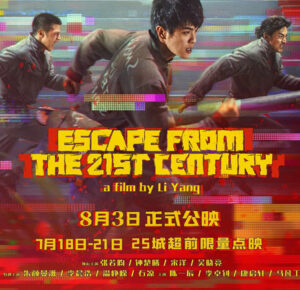
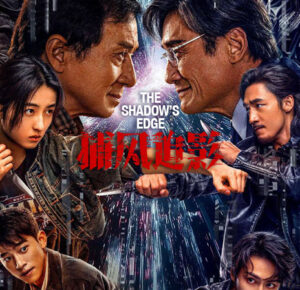
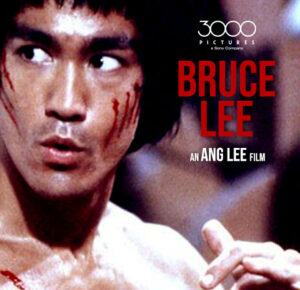
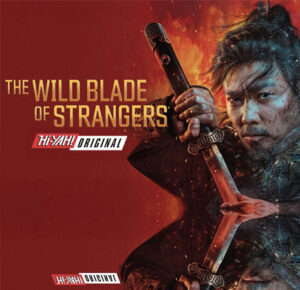

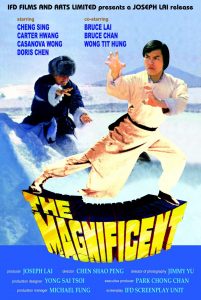

 Approximately
Approximately 
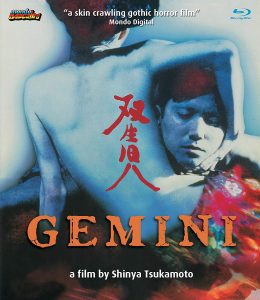
 The United States has a long history of welcoming
The United States has a long history of welcoming 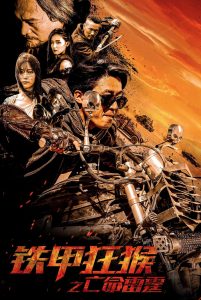
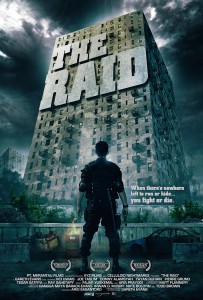
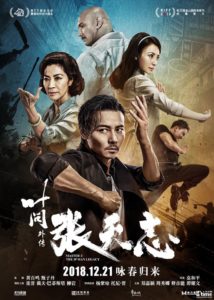
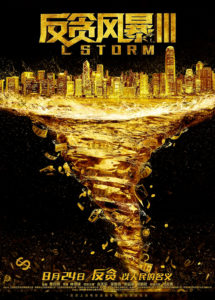
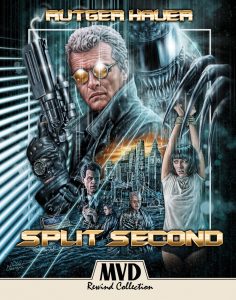
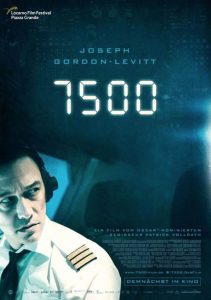


Be the 1st to Comment